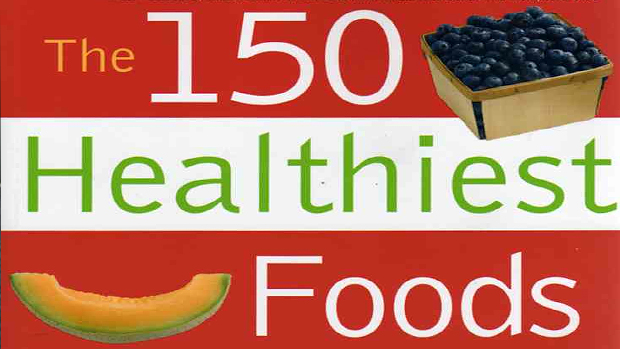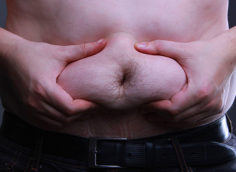Do Something Before You Eat for 7-15 Minutes
The first time I ever got lean was when I was 20. While I did use caloric restriction (no diet is magical enough to allow you to lose fat while being in a caloric surplus), I can't say that my diet was great. I tried to make good food choices, but I also ate things that are typically considered a no-no when trying to lose fat.
I had a very simple strategy for these "no-no" foods: I could eat them, but I needed to do some sort of physical activity prior to having them. It didn't have to match the calories in that food or anything fancy and scientific like that. It also didn't need to be a full-on workout. It just needed to be SOMETHING.
- If it was going to be a low intensity activity, like brisk walking or shooting some hoops, it had to be done for at least 15 minutes.
- If was a bit more intense, like a mix of push-ups, crunches, jumps, sprints, and resistance band exercises, it needed to be done for 7 minutes, with more work than rest time.

I'm not saying you can counteract a McDonald's trio by getting on a stationary bike for 30 minutes. The purpose of the exercise period prior to eating has nothing to do with burning more calories. It's only a strategy to help you eat less.
The fact remains that when it comes to losing fat, although there are many important factors (macro ratio, food selection, meal timing, etc.) caloric balance remains the key element. And the main problem most people have is simply eating too much – meal frequency or portion control.
Here's what it does:
- It drastically decreases boredom and psychological eating. You know, eating when you're not physically hungry. If you're a stress-eater, for instance, this might be a good option for you. First, when you know you have to do something prior to eating it'll make you think twice about if you really want that food or not.
- Doing something physical will also help you get your mind off of that perceived craving. At the end of your 7-15 minutes of exercise, you might find that you don't really want to eat. Plus, if you're used to eating to relieve anxiety or boredom, you might find that movement does a better job than food.
- Being physically active can help decrease hunger. It decreases blood flow to the digestive system and increasing it toward the working muscles. This could decrease the portion size of what you eat because you may find yourself feeling more easily satiated.
- Even a short burst of activity can increase insulin sensitivity. If you're more insulin sensitive (especially via activity) your body will favor muscles instead of fat cells to store ingested nutrients. You'll also produce less insulin which leads to a more stable blood sugar level. This isn't the most impactful element of this trick, but it does play a role.
- It can make you produce adrenaline, which blunts hunger. If you're going the higher intensity route, the adrenaline increase will reduce hunger, which will help you eat less.
Of course, your inner devil's advocate will argue that you have a busy schedule and you don't have time for this. Really? Do you train? Well, that counts for one.
Don't you have time to do 3 sets of push-ups, crunches, and air squats in the morning upon waking before breakfast? Can't you take a short 15-minute walk or run up and down the stairs at the office a few times before lunch? Can't you go take a short 30-minute walk with your wife to unwind after your work day, before dinner?
And if you think about it, the intense physical activity will actually amp you up for your day. Or if you choose the less intense route, it may help you relax and decrease cortisol.
Other than that, it'll make you more conscientious about that extra meal because you'll need to invest a little bit of effort and time. But since it can be done in 7 minutes it shouldn't be a problem at all.
This strategy reminds me of a quote by Jim Wendler. Jim was asked what he thought about kids eating fast food. To which he answered: "It's fine, if they push the Prowler to get there."




